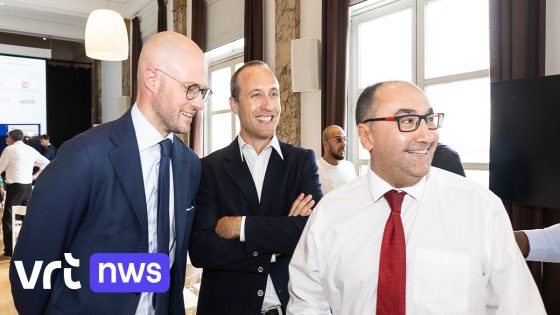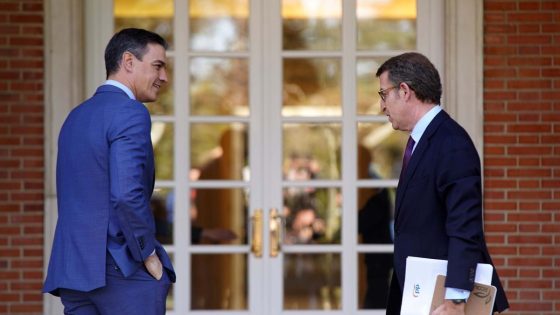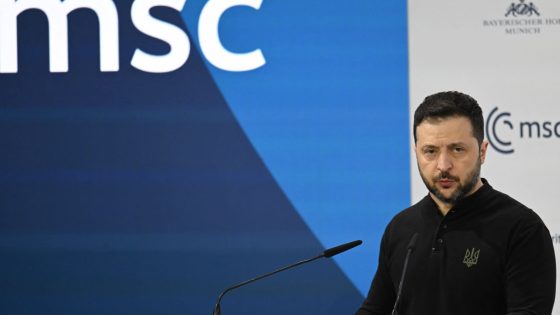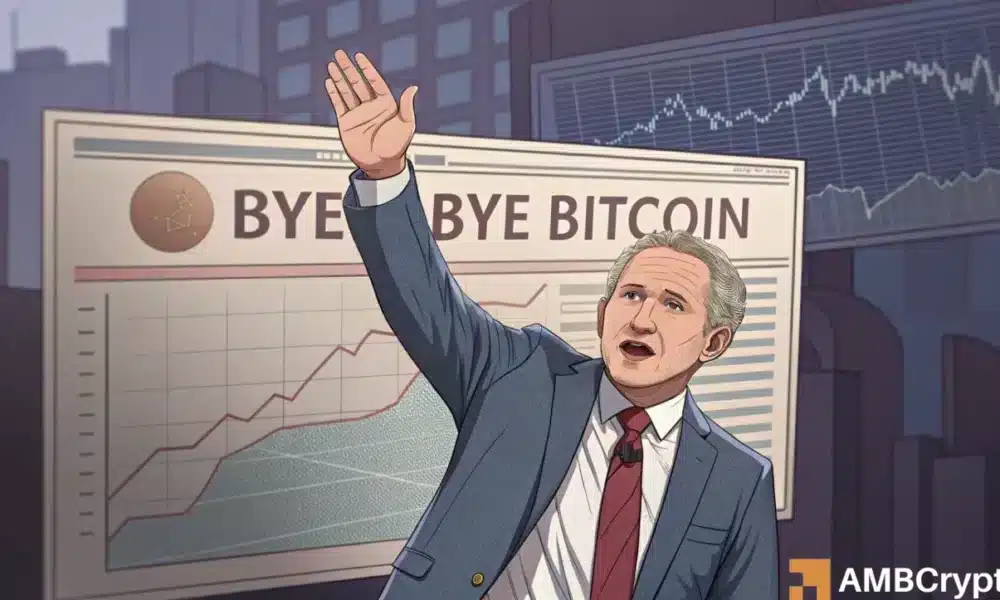After 292 days without a government, Brussels faces a political impasse. How can the involved parties—PS, Open VLD, Ecolo, and DéFI—move forward? Political scientist Dave Sinardet suggests that a shift in position from any of these groups could help, but with no signs of urgency from financial markets, change seems unlikely.
- No clear answers from involved parties
- Minority government in one language group
- Difficulty convincing parties for support
- Potential for an expert-led government
- Experts should be independent of politics
What Does the Ongoing Government Crisis Mean for Brussels’ Future?
The prolonged absence of a functioning government raises pressing questions about governance in Brussels. Will the current stalemate continue to hinder progress? As discussions unfold, various solutions are being proposed to break this deadlock.
Potential Solutions: Minority Governments and Expert Coalitions
As experts analyze the situation, two main alternatives emerge: forming a minority government or establishing an expert coalition. Each option carries its own set of challenges and opportunities for collaboration among diverse parties.
The Case for Minority Governments in Brussels
A minority government could consist of parties like Groen, Vooruit, CD&V, MR, PS, and Les Engagés. However, convincing one party to support such an arrangement while remaining outside the majority poses significant hurdles.
- Diverse party representation could foster innovative policies.
- The need for compromise might encourage cooperation among factions.
- A stable minority government could restore public trust.
- This approach may reduce tensions between language groups in politics.
Exploring Expert-Led Governments as an Alternative
An expert-led government presents another avenue worth considering. By appointing non-partisan experts to key roles, political biases might diminish. However, identifying suitable candidates who can operate independently remains crucial for success.
This model has potential benefits:
- Experts can focus on pragmatic solutions rather than party agendas.
- This setup may appeal to citizens tired of traditional politics.
- A collaborative approach can address urgent issues more effectively.

































